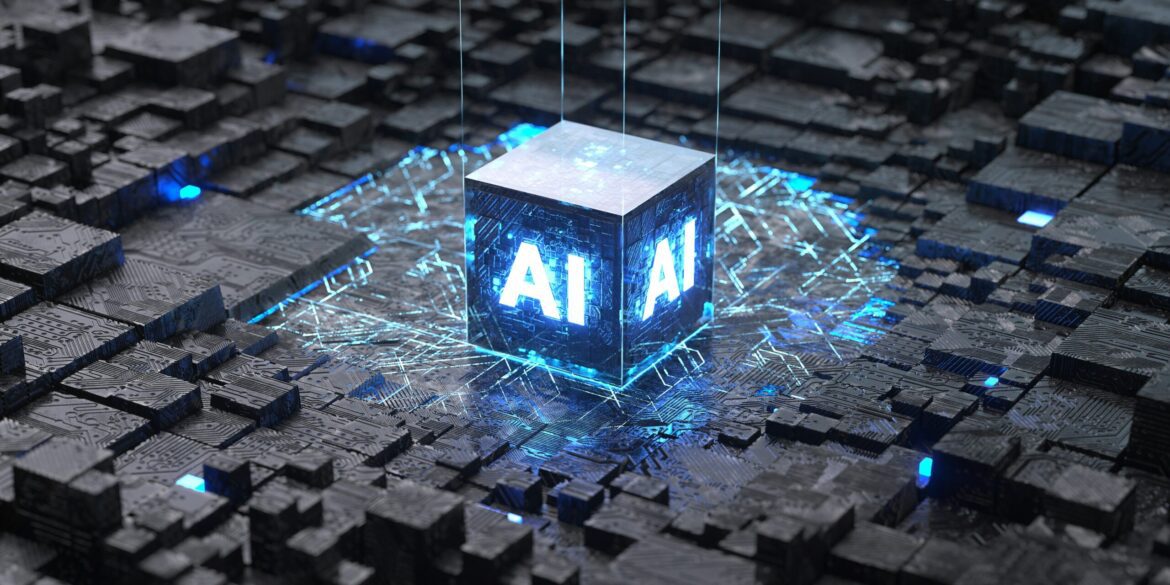The Growing Role of AI and Smart Automation in Real Estate
As of July 2025, the integration of artificial intelligence (AI) and smart automation into property management is accelerating, fundamentally changing how properties are managed and maintained. These technologies are providing real estate owners, managers, and tenants with new ways to optimize building performance, improve operational efficiency, and enhance tenant satisfaction.
AI in particular is transforming property management by providing data-driven insights for everything from predictive maintenance to tenant services. With property managers increasingly turning to AI-powered solutions, real estate operations are becoming smarter, more efficient, and more cost-effective.
How AI is Enhancing Property Management
AI tools are now essential for property managers seeking to stay competitive in a fast-evolving market. AI algorithms analyze large sets of data—such as rental trends, tenant preferences, and building performance—to help managers make more informed decisions about property pricing, tenant retention strategies, and long-term investments.
Predictive maintenance powered by AI is also gaining traction. These systems monitor building infrastructure—like HVAC units, plumbing, and electrical systems—to identify potential problems before they occur. By catching maintenance issues early, property managers can avoid costly repairs and extend the life of their building systems.
AI is also improving tenant experiences through smart chatbots that can handle everything from answering questions about the property to processing maintenance requests. These technologies streamline communication, ensuring tenants have their needs addressed quickly and efficiently, contributing to higher satisfaction and retention.
Smart Automation and Sustainability in Real Estate
Smart automation in real estate includes the use of Internet of Things (IoT) devices to control building systems such as heating, cooling, lighting, and security. These devices create a connected infrastructure that allows for real-time monitoring and adjustment of building operations. For example, occupancy sensors can automatically adjust the temperature or lighting in vacant spaces, reducing energy consumption and contributing to sustainability efforts.
In commercial properties, building management systems (BMS) powered by IoT devices enable property managers to monitor everything from energy use to air quality and occupancy rates. With these real-time insights, managers can optimize building operations, reduce costs, and enhance tenant experiences. Additionally, automated systems are helping buildings operate in a more eco-friendly manner, a key consideration as sustainability becomes an increasing priority in the real estate sector.
The Future of Property Management
The shift toward AI and smart automation in property management is part of a broader trend toward more efficient, tenant-centric, and sustainable real estate operations. These innovations are not just improving bottom lines for property owners—they are also enhancing the quality of life for tenants by providing more responsive, intuitive environments.
Looking ahead, the role of AI and smart automation in real estate management will only expand. As more buildings adopt these technologies, expect to see increased operational efficiencies, improved energy savings, and greater tenant satisfaction. For property managers, this means staying ahead of the curve and leveraging new technologies to create competitive advantages in a rapidly changing market.

